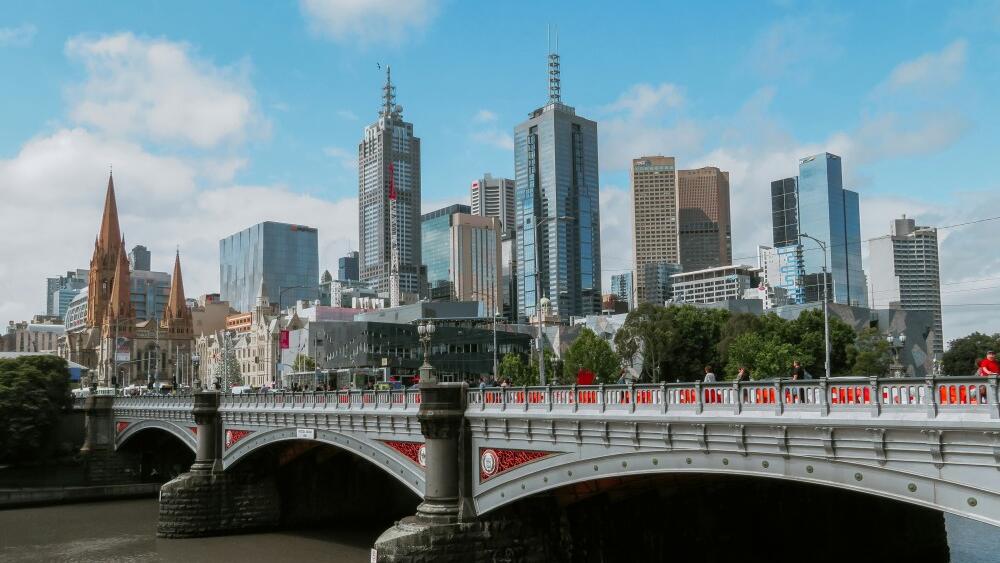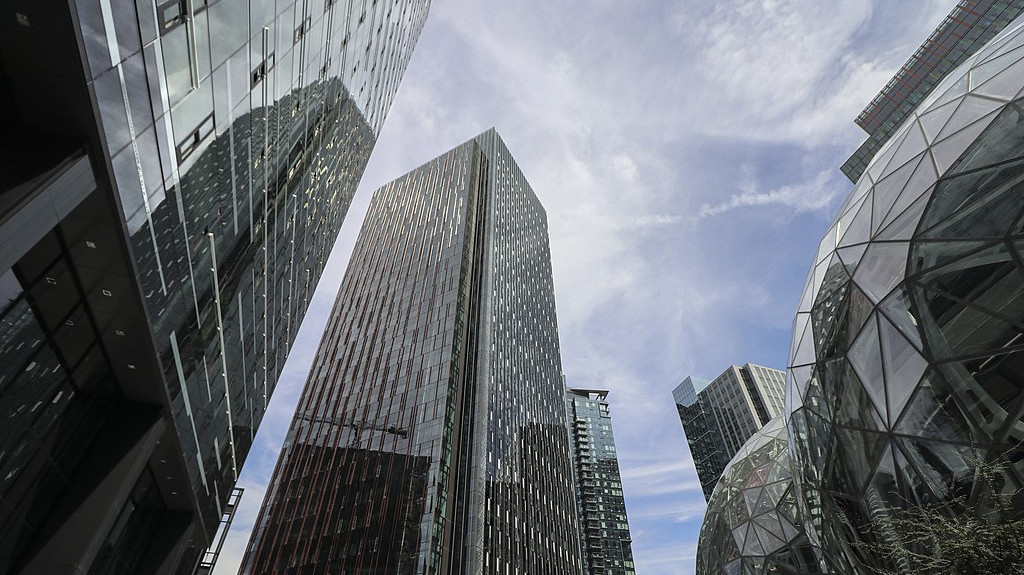Work-life balance

Three Australian cities among world's 'Most Liveable'

Australian cities have claimed three of the top 10 spots on the Economist Intelligence Unit’s 2025 Global Liveability Index. The list gives cities a score out of 100 based on criteria like health care, education and infrastructure. While dropping from its heights as the most liveable city from 2011 to 2017, Melbourne still ranked fourth for the second consecutive year. This was due to flawless scores in health care and education. It also beat out its rival, Sydney, which rose one place to finish sixth. Adelaide also entered the top 10 in ninth place. Sydney and Adelaide also had exemplary scores for health care and education, but were ranked lower than Melbourne for culture and environment. The average livability score across all surveyed cities was 76.1 out of 100. Melbourne, Sydney and Adelaide achieved scores of 97.0, 96.6 and 95.9, respectively. For the first time since 2021, there was a shake-up in the top spot with Denmark overtaking Vienna as the world’s most livable city. Vienna’s drop in the rankings was attributed to a fall in its stability score following a bomb threat to Taylor Swift’s 2024 concert, leading it to share second place with Zurich. However, it was Canada’s Calgary that suffered the

Workers eye flexibility and four day work week in 2025

Research from global recruitment agency Robert Half shows new initiatives to attract skilled workers will be a highlight of the recruitment world in 2025 as emerging trends are set to impact careers and businesses throughout and into the future. Surveys by the recruiter point to artificial intelligence (AI) taking over a swathe of required skillsets, a lack of talent in specialised roles and the need for flexibility in employees’ work-life balance, which will bring with it challenges and opportunities this year. “From AI shaking up (the) skills employers seek, to the push and pull of remote work — plus shifting economic pressures — organisations and professionals have to navigate a complex environment this year,” Robert Half said.Employee demandsWorkers are increasingly setting the tone in what they expect, with Robert Half data showing jobseekers are favouring hybrid working arrangements - with 75% of those surveyed saying they are least interested in fully-in-office positions. While 92% of managers say they offer some form of remote option, 66% of employers say they are upping salaries to attract new hires to the office. The recruiter says of those, 59% say they are looking to increase salaries up to 20% for four to

Amazon mandates full office return for corporate employees

Amazon has announced that corporate staff will now be required to work from the office five days a week, marking a departure from the company's previous hybrid model, which allowed for three days in the office. CEO Andy Jassy communicated the new policy to employees in a memo on Monday, giving them until January 2 to transition to the five-day in-office schedule. The updated policy will apply to all corporate employees except in "extenuating circumstances", or in cases where an exception has been granted by an S-team leader. The S-team consists of senior executives who report directly to Jassy. Jassy noted that before the pandemic, remote work was not a common option and the expectation moving forward is for employees to be present in the office unless extraordinary circumstances prevent it. In addition to the return-to-office mandate, Amazon is also restructuring its corporate hierarchy. The company plans to reduce the number of managers and "flatten" its organization, with each S-team unit expected to increase the ratio of individual contributors to managers by at least 15% by the first quarter of 2025. This move is intended to streamline decision-making processes and foster faster, more agile operations. It re